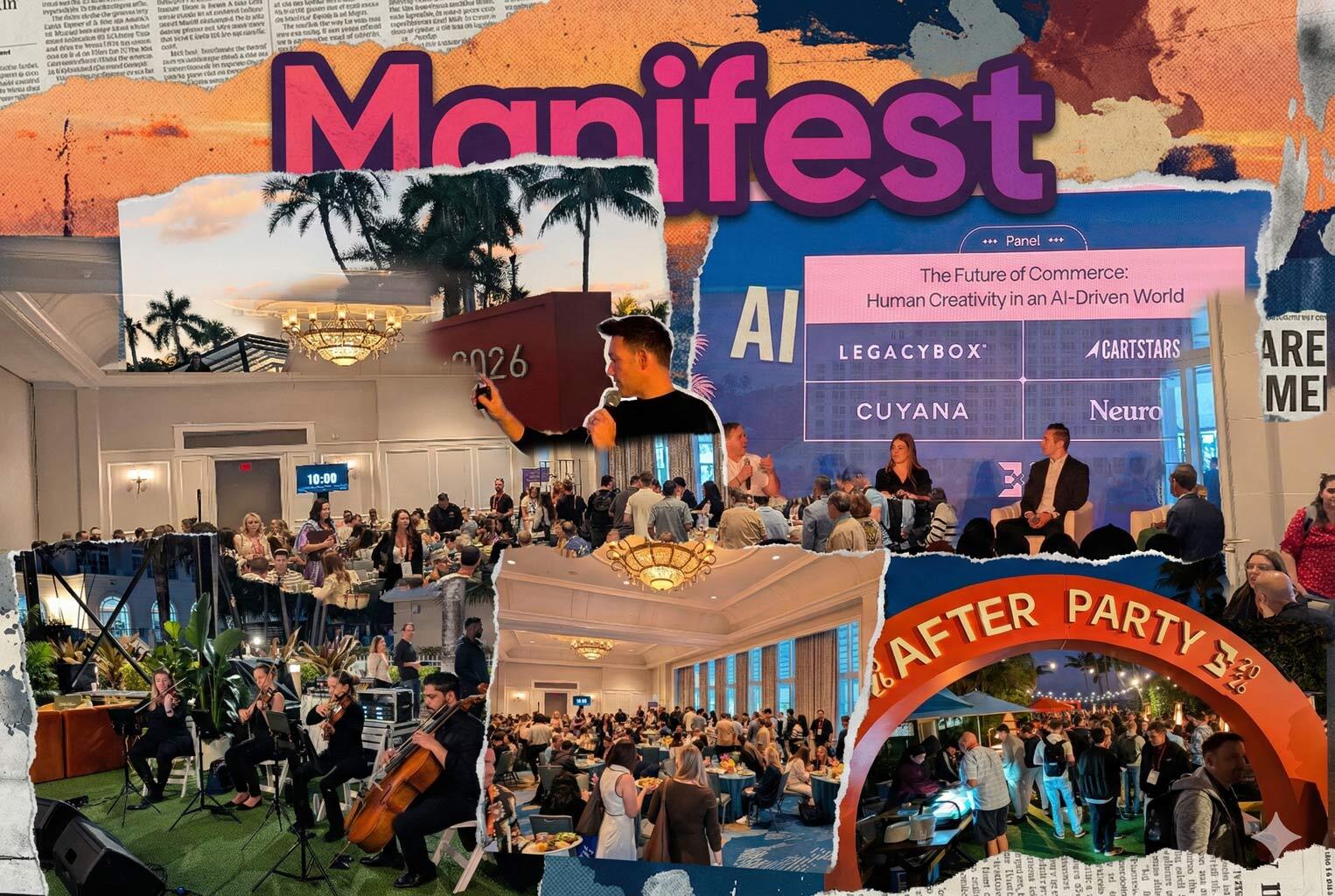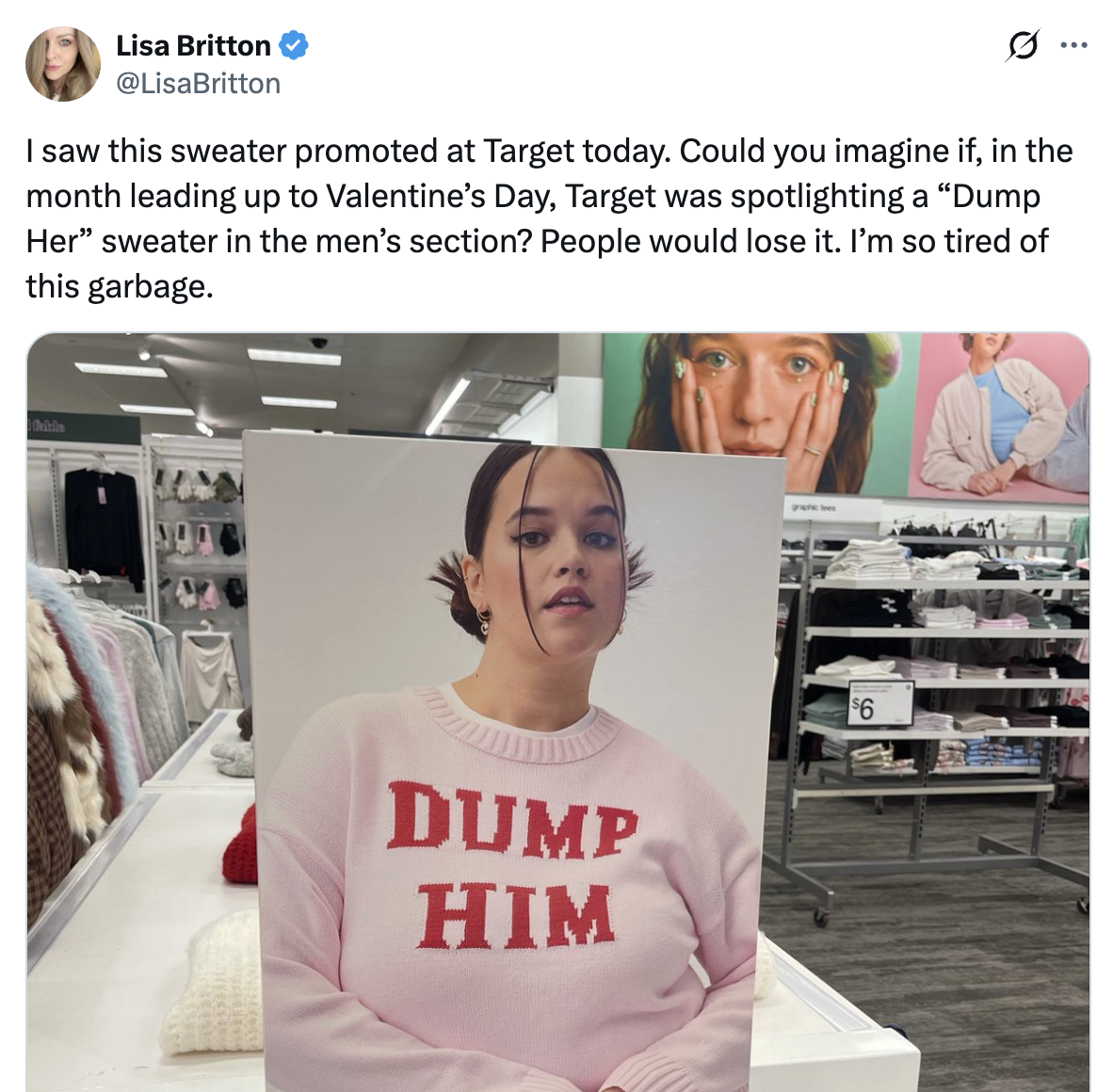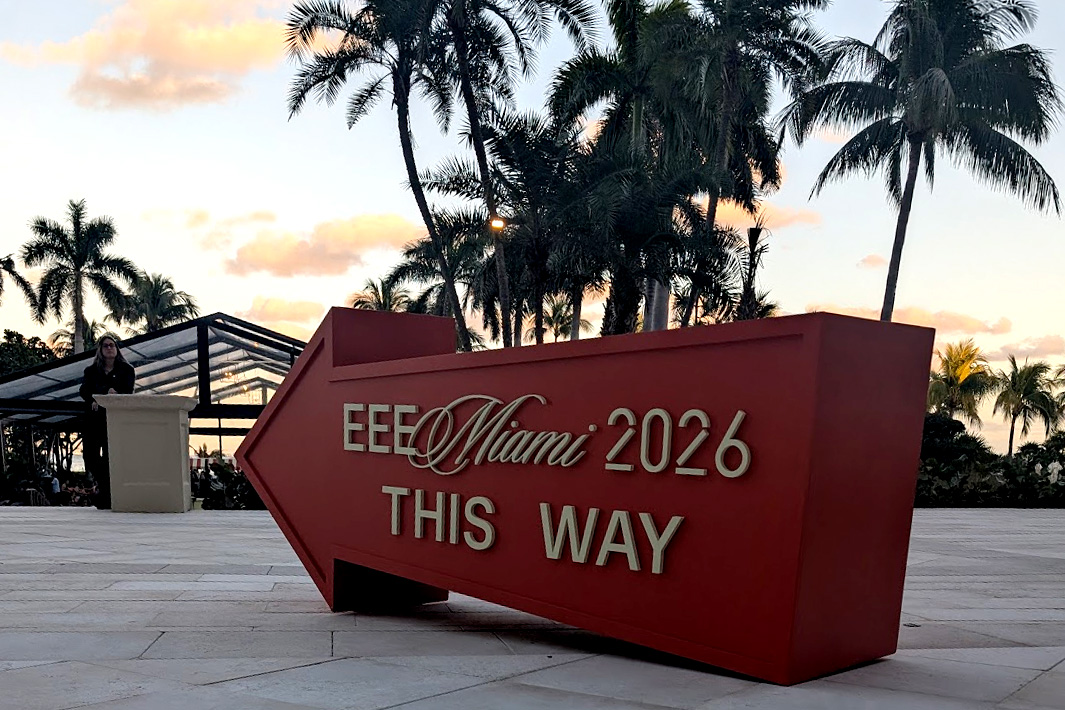What does anything cost anymore?


Hand sanitizer. Masks. And now multiple tech and retail IPOs. Nobody has any clue what anything costs anymore.
Like debutante Bridgertons, Poshmark, Affirm, and Petco (Daphne, Eloise, Francesca?) went public this week, the latest in a fury of retail IPOs. Their commonality aside from the timing of their courtship with public markets? They all nearly doubled in price upon debut.
Also trending up this year is gasoline. Thanks to the recent rise in gas prices (remember gas?!) we saw a modest increase in inflation this week in the Consumer Price Index report. How much does gas cost? No idea. But it’s up 8.4%. Maybe Robinhood can figure out how we can trade that?
Speaking of consumer investing and WallStreetsBets bros — investors seem to have no idea how to value a company. All mentioned IPOs “popped” on open, Poshmark by nearly 150%. It’s yet another sign of the times that we have no idea what things should truly cost. There are far too many options, far too much vertical differentiation, and far too much supply to get an accurate apples-to-apples comparison on just about anything. What’s the price difference between Honeycrisp, Fuji, Jazz, Gala, or Kanzi apples? What should an apple cost? Hell if I know.
Masks are a decent example of price differentiation on the extremes. There are cheap surgical masks sold in bulk. There are luxury reusable masks sold in packs of three. There’s now a battery-powered, voice-amplified, LED-light adorned mask from gaming peripheral company Razer. While many masks are being sold on the basis of efficacy, a new breed is selling on the basis of bling. Purell, a name brand hand sanitizer, usually costs $3-$4 for an 8-ounce pump. You’ll pay up to 2 times as much for 3.4 ounces of fragrance-infused spray from a brand like P.F. Candle.
Discounting strategies further complicate the consumer price-to-value comparison.
Maybe we’re just really bad at keeping track of any financial behavior? According to my in-depth research on the matter (read: 10 minutes of Googling), 1 in 5 consumers don’t know if they have credit card debt, and over 25% don’t know how much they’re paying in interest payments. Weekly indulgences cause the average consumer to underestimate their weekly spending to an annualized tune of $7,400. Like. Wow those $4 lattes add up. I’ve freely admitted my own shortcomings in this area.
What’s more likely is that my own participation in the ascender portion in the K-shaped recovery makes me an ill-qualified surveyor of the state of the economy and consumer price sensitivity. Maybe the markets’ recent IPO pops don’t indicate anything more than a ton of liquidity with nowhere to put that money to work.
Or. Maybe it signals that people with financial security are more out of touch than ever.
— Phillip

Image Credit WSJ
Covid Tech This week, CES 2021 was held virtually and showcased a plethora of upcoming Covid 19 related tech, including automatic UV keyboard and mouse sanitizing wands, a smart doorbell that takes the temperature of guests and ding-dong-ditchers, and no shortage of smart masks. One mask retails for $150 and pairs with an app to collect breathing data, another has a built-in headset to make calls, and other more futuristic looking masks focus on their air filtering capabilities like this LED mask from Razor, which will be my top pick for apparel at any post-pandemic EDM shows.
Amazon’s dark patterns have landed them in Norway’s chilly hot water. The Norwegian Consumer Council (NCC) noted an overabundance of “nudges” discouraging cancellation and filed a legal complaint against the world’s largest online retailer. Not surprisingly, Amazon disagrees.

What if fashion wasn’t about the fits, but rather the friends we made along the way? In GQ, Noah Johnson argues that the ultimate luxury in fashion is wearing clothing made by people you know. In this present moment of influencers and the boom of the passion economy, maybe a fashionable wardrobe is less like a flex of major labels and more like a rolodex of friendly up-and-comers.

Hey Siri, bake me a cake as fast as you can. Google AI has come to your rescue with new hybrid treats for you to try: Breakies and Cakies. YES, the machines have evolved to give you recipes to pass your months in quarantine (this one’s for you, half of Europe). Downside: machines may have learned to think, but they haven’t yet learned how to taste.
It’s just a matter of time before we’re all ordering off the influencer menu. Sweetgreen announced a new “Crispy Collections” menu backed by pro gamer Rachell “Valkyrae” Hofstetter. While the Travis Scott meal headlined this concept, we’re still just scratching the surface of how brands can tap into the audience of niche influencers through collaboration.

First there was Draft Kings. Then the Tiger King. But now… the Sperm Kings? High demand and low supply during the pandemic have caused some sperm seekers and donors to turn to Facebook groups for their family-starting needs, with options for both artificial and… erm… natural insemination.
Meditate over a cup of coffee. That’s the value-prop for the newest collab between Headspace and Starbucks. Ohmmmmmmmmmygod this coffee tastes burnt and cost me four dolllarrrrsssssss.











.svg)
